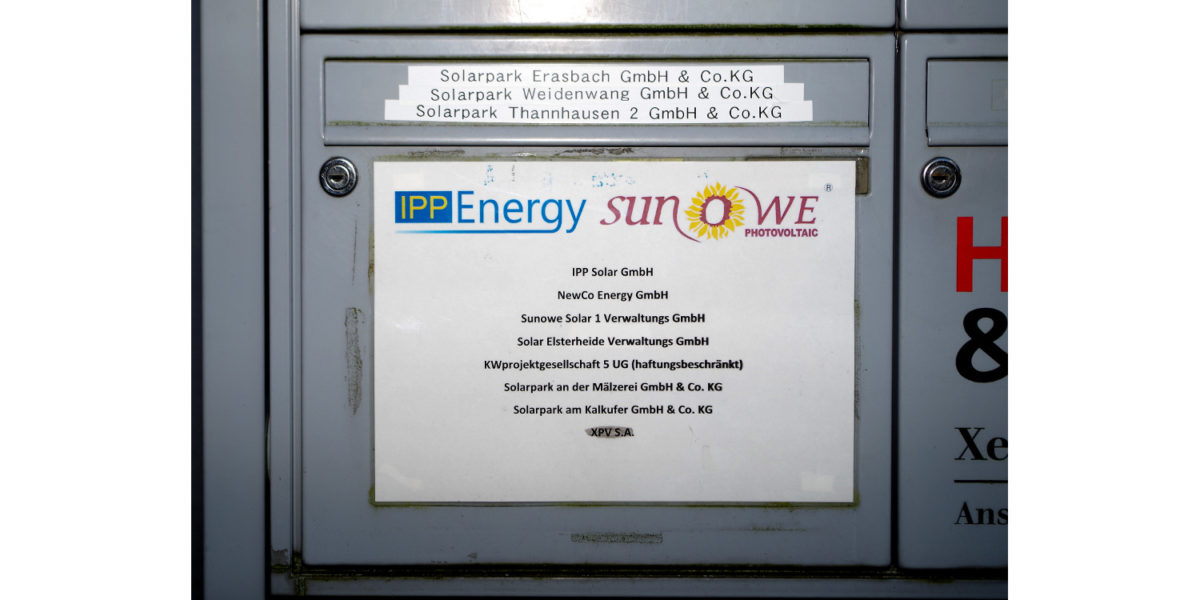From pv magazine Germany
The prosecutor’s office of Nuremberg-Fürth has pressed charges against two women and four men “on account of smuggling and tax evasion for commercial gain”. The charges refer to €20 million worth of anti-dumping and anti-subsidy tariffs, which the accused allegedly evaded when importing solar PV modules from China to Europe.
In the fall of 2017, German customs investigators said they had unveiled a fraudulent solar module cartel. At the time, the authorities said they would launch investigations against eight people. Resulting from this are the six indictments, one of which is also directed against a local politician, according to Antje Gabriels-Gosolke, spokesperson of the Nuremberg prosecutor’s office.
It is likely that the politician in question is Christian Pech from the German SPD party, who serves as deputy district administrator to the district Erlangen-Höchstadt. He was temporarily suspended from office; however, according to the current staffing plan of the district administrator’s office, he has currently resumed this position.
In his CV, the unsalaried politician appears to be employed on “C-level management positions at several companies in the renewable energy sector.”
Following the indictments, Zhiliang Cai CEO of Sunowe and the politician Pech were held in custody along with others. HHowever Pech was released again after some time. While a spokesperson for the prosecutor would not disclose names, they did say that “among those six indicted is a politician who denies all allegations, unlike the others who are in the process of confessing.”
In detail, the CEO of Sunowe is charged with “having imported Chinese modules below the minimum import tariff and having concealed this before the customs authorities”. Reportedly, three company employees have confessed to the allegations.
Moreover, two customers of the company “purchased the modules significantly below the minimum import tariff.” They are thought to have “manipulated the prices by instigating veiled repayments or fiddling with installations and equipment costs.”
The European Union introduced the minimum import price (MIP) in December 2013. This was to replace anti-dumping and anti-subsidy tariffs for PV modules from China. Companies that have violated the provision of the undertaking were exempt from the agreement by the EU Commission and had to pay tariffs. “Only companies that have committed to stay above a minimum import price, can be exempted from paying additional customs and duties” argues the prosecutor in its 271 page indictment.
This September, the EU Commission announced the removal of MIPs. Nevertheless, crimes of the past are still liable for prosecution. “An economic crime chamber of the district court Nuremberg-Fürth will now have to decide if the indictment is enough to open trial,” said the prosecutor.
By Heinz Wraneschitz
This content is protected by copyright and may not be reused. If you want to cooperate with us and would like to reuse some of our content, please contact: editors@pv-magazine.com.



By submitting this form you agree to pv magazine using your data for the purposes of publishing your comment.
Your personal data will only be disclosed or otherwise transmitted to third parties for the purposes of spam filtering or if this is necessary for technical maintenance of the website. Any other transfer to third parties will not take place unless this is justified on the basis of applicable data protection regulations or if pv magazine is legally obliged to do so.
You may revoke this consent at any time with effect for the future, in which case your personal data will be deleted immediately. Otherwise, your data will be deleted if pv magazine has processed your request or the purpose of data storage is fulfilled.
Further information on data privacy can be found in our Data Protection Policy.